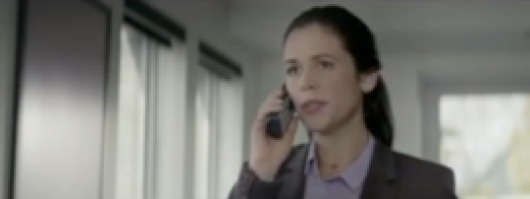… and of the poem she recently published, surrounded by snark, in Marie Claire magazine. The poem is called “My Heart is a Wiffle Ball / Freedom Pole.” Writes poet and UCLA professor Brian Kim Stefans:
This [post] is partly to address the apparently universal opinion by journalists – most of whom seem to not know anything about literature – that this is a terrible poem.
My own initial post went like this: “The second stanza isn’t horrible. Worst part of the poem are those awful adjectives! Stupid Beats.” What I meant by this was that the words “digital” (applied to moonlight), “scrawled” when linked to “neon” (neon is a much overused word by poets who want to sound like Beatniks) and “abrasive” (applied to organ pumps) weren’t working for me. I also didn’t like the word “ubiquitously” especially since everything up until that point was in the singular – ubiquitously seems to suggest some sort common element among many parts. Not a big fan of “Whilst” either.
But I thought the second stanza was very delicate with sound play – “parked” and “Marfa” are good off-rhymes (I heard the word “barf” in there somehow) and there is some nice alliteration in “Devils not done digging / He’s speaking in tongues all along the pan handle / and this pining erosion…” etc. And I like the broken syntax and quick movements in perspective – there’s little to no punctuation and most people can’t pull that off. And the line “He’s speaking in tongues all along the pan handle” is very evocative to me – and seems to explain some of the eccentricities of syntax and vocabulary in the first verse!
I share Stefans’ impressions.
And I would add that Stewart’s piece provides surprise and conveys joy. These are two of the profoundest reasons we love youth.
h/t JM






